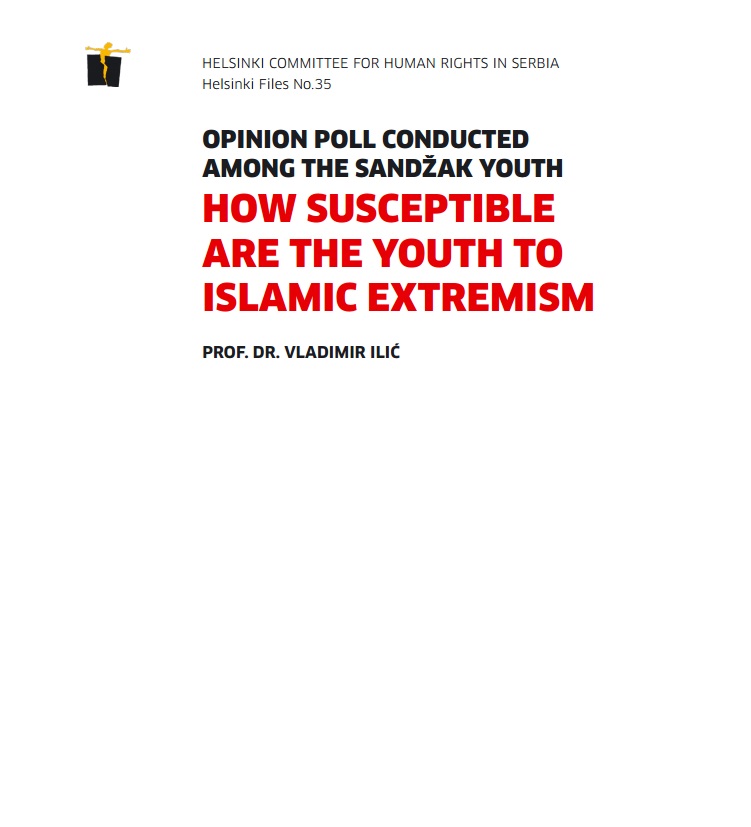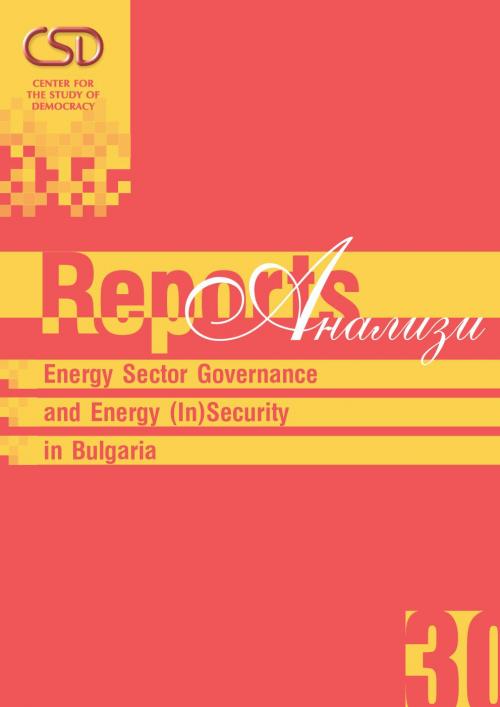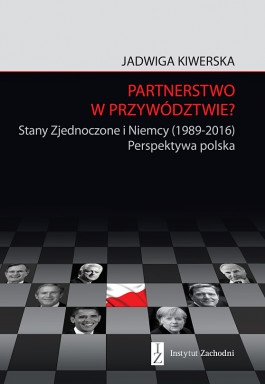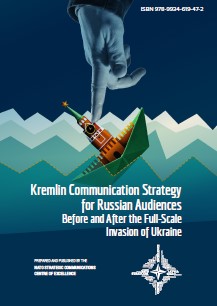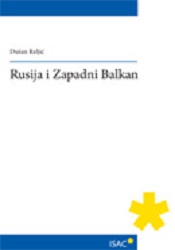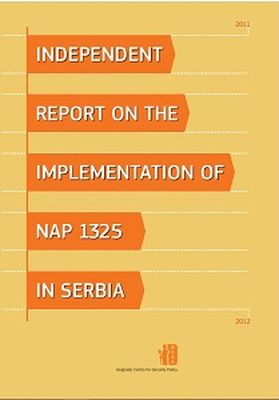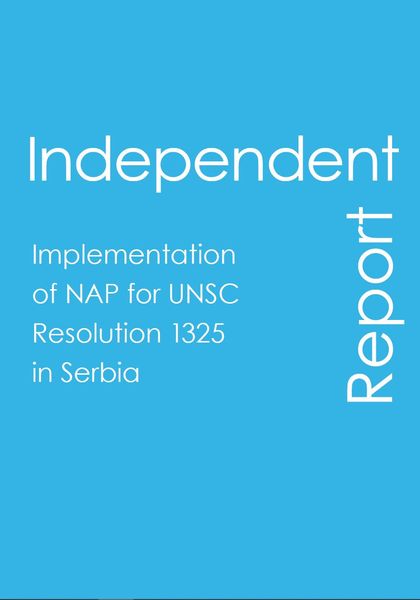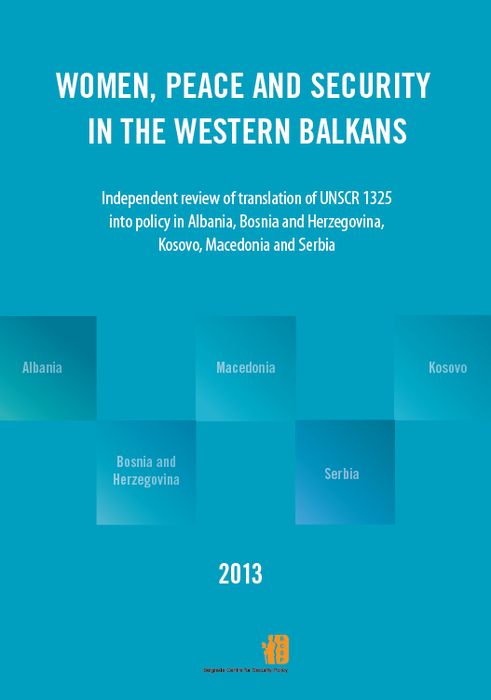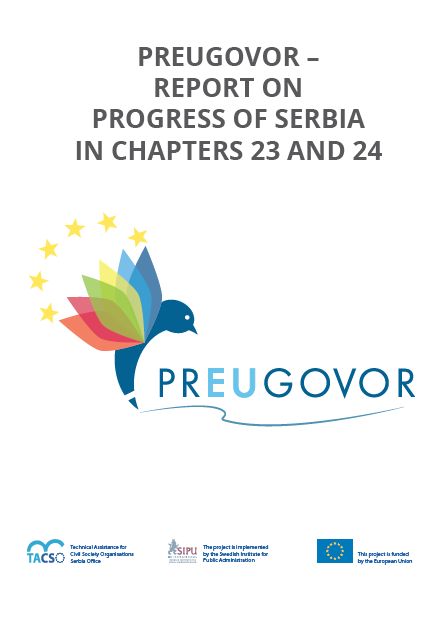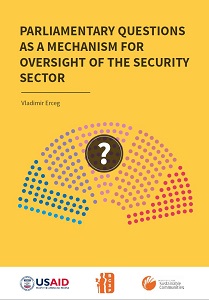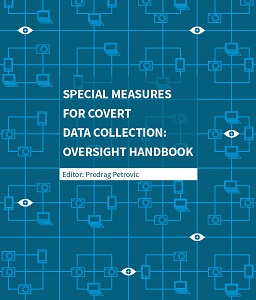Author(s): Gorana Odanović,Maja Bjeloš / Language(s): English
This report evaluates the implementation of the National Action Plan (NAP) on UN Security Council Resolution 1325 in the Republic of Serbia during its first year (December 2010 to July 2012). The NAP was introduced to mainstream gender perspectives in security sector management and enhance Serbia’s role in promoting gender equality within the Western Balkans. While the adoption of the NAP marked a significant reform initiative, its implementation has faced numerous challenges, including delays in establishing institutional mechanisms, insufficient funding, and limited integration of existing gender equality frameworks. The report examines seven key thematic areas outlined in the NAP: institutional mechanisms, women’s representation in the security sector, participation in decision-making and multinational operations, legal protection against discrimination, education and training, media representation, and collaboration with civil society organizations (CSOs). Particular attention is given to institutional cooperation with CSOs, as they play a crucial role in advancing NAP objectives. Findings highlight persistent barriers, such as discrimination in the male-dominated security sector, inadequate institutional commitment, and the lack of robust media coverage promoting gender equality. Recommendations are provided for addressing these challenges, including strengthening institutional accountability, improving funding mechanisms, and fostering collaboration between state and non-state actors. The report underscores the importance of integrating gender equality policies into security sector reform to improve institutional efficiency, bolster Serbia’s international standing, and enhance citizen security.
More...
